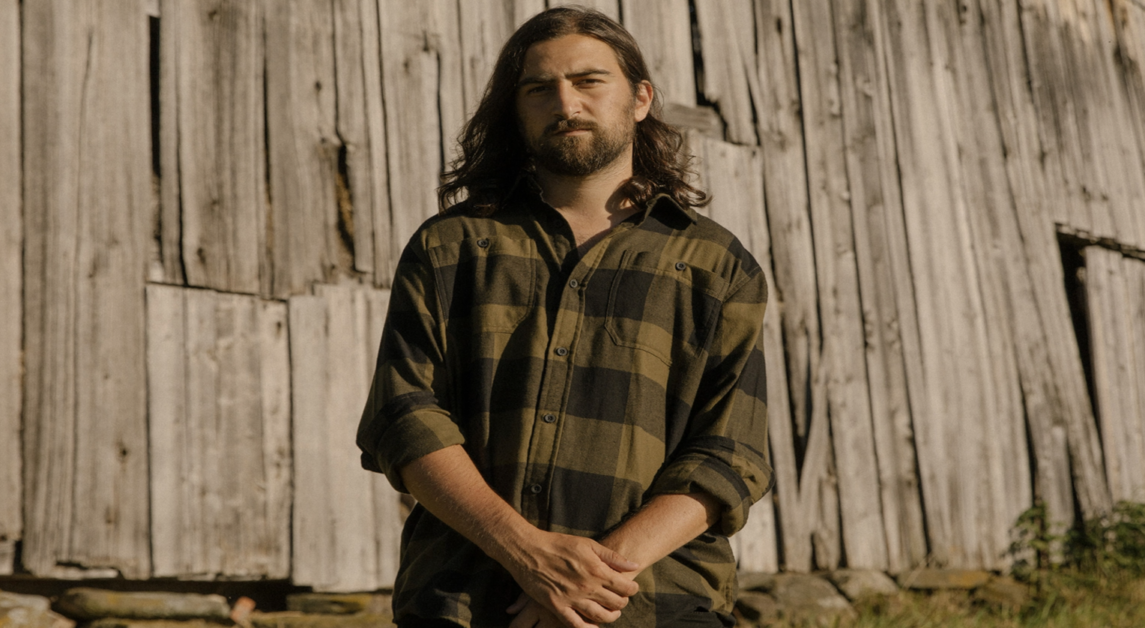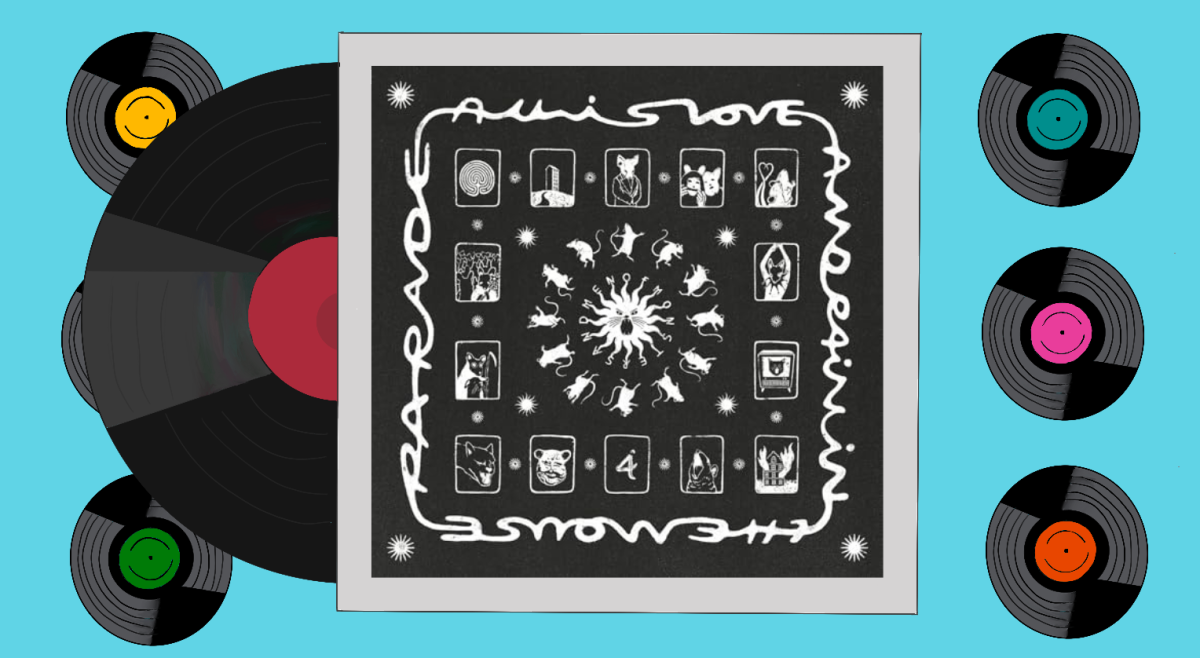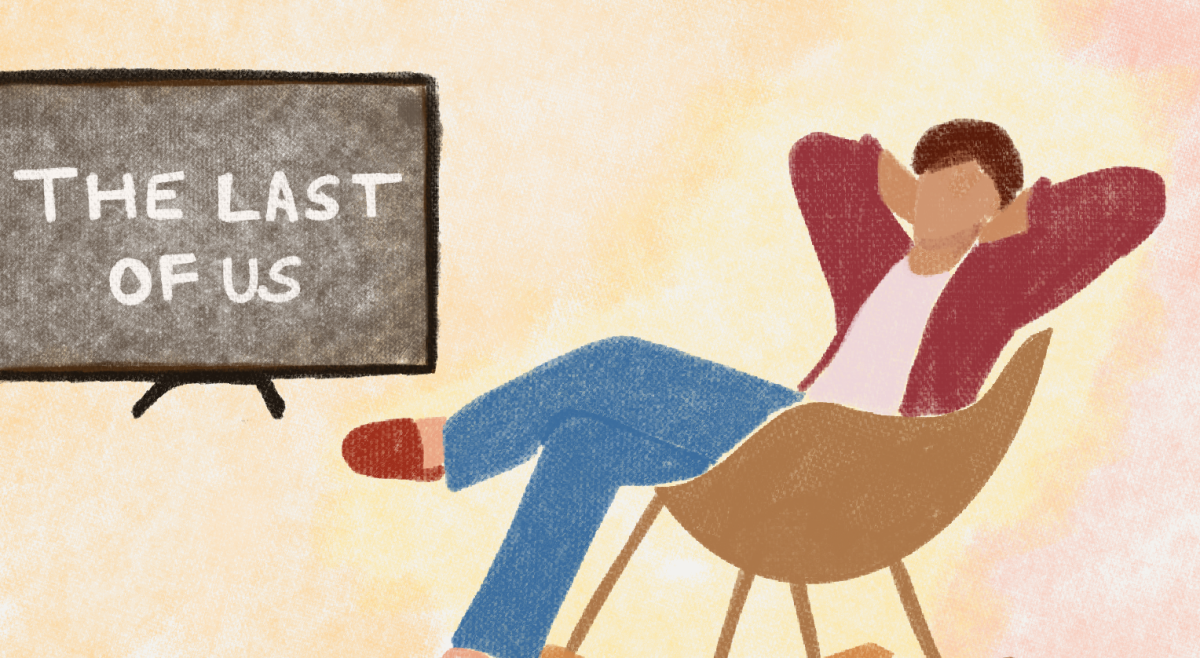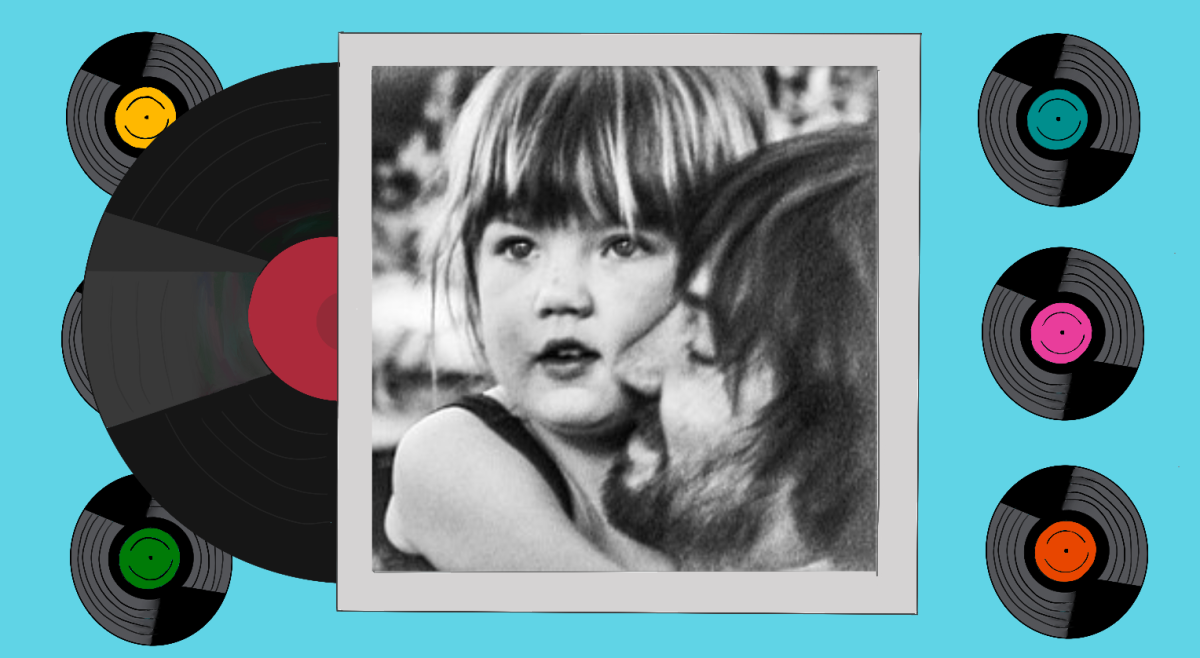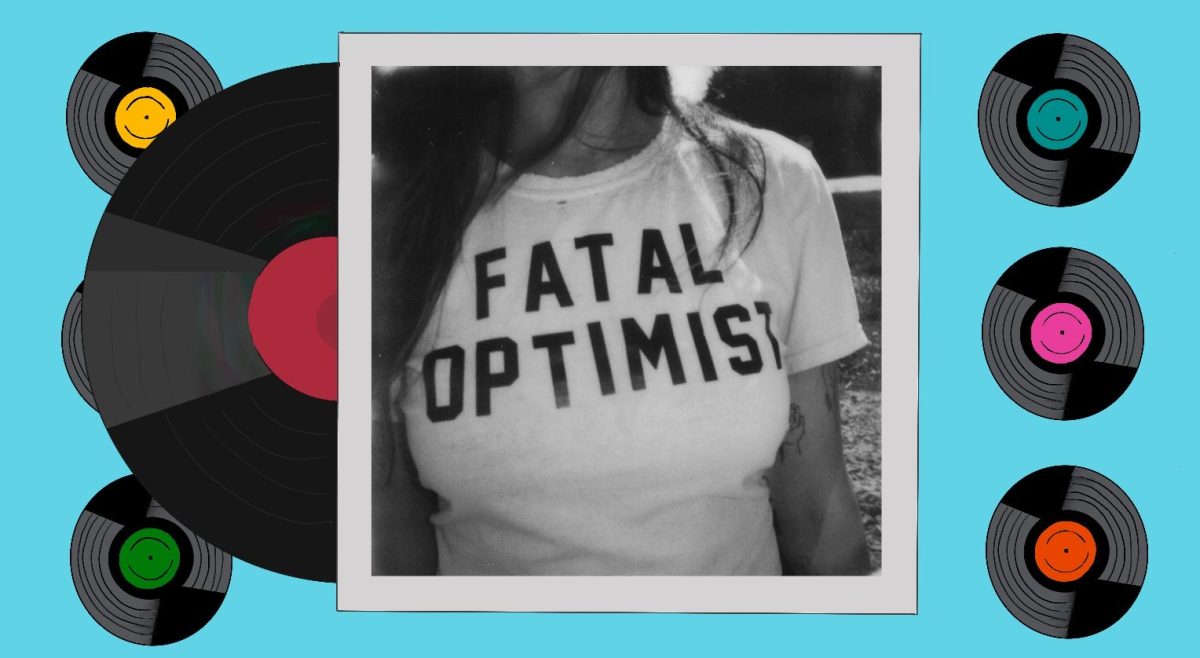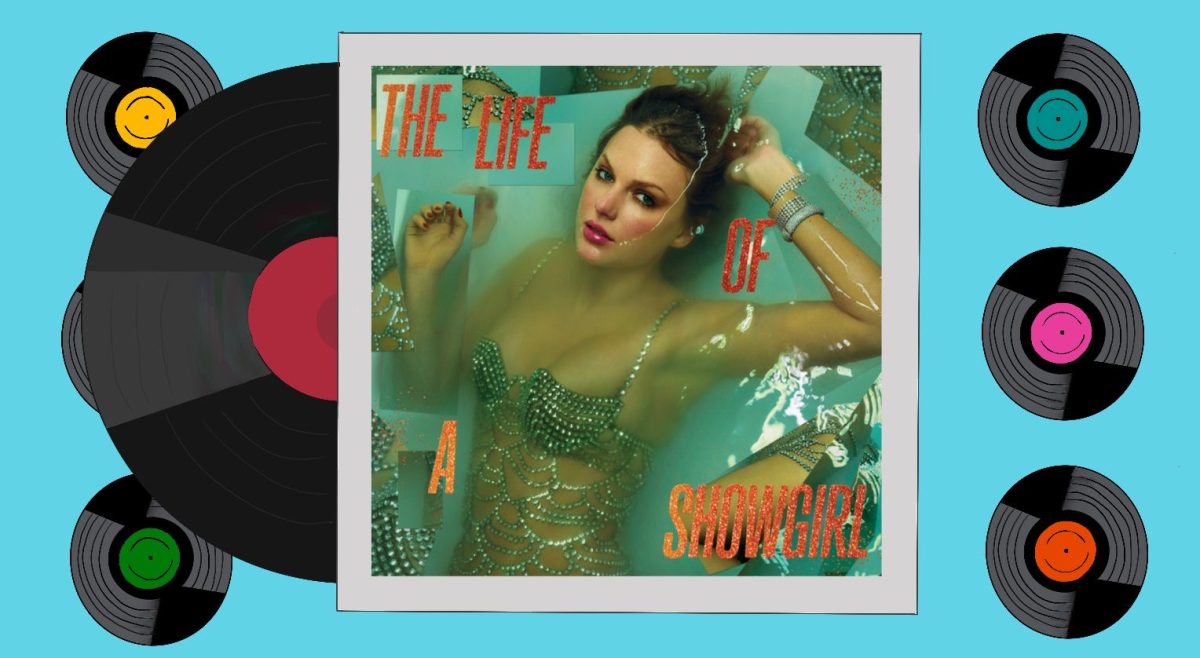There is something profoundly melancholic yet beautiful about Noah Kahan’s songwriting.
On his new album, Stick Season, the Vermont-based musician wrestles with life in small-town New England. He grapples with the people, places, and feelings that he finds himself in and is, perhaps, still searching for.
Known for upbeat pop hits like “False Confidence” and “Hurt Somebody,” Kahan breaks new ground with Stick Season, which came out on Oct. 14, by returning to his folk music roots. He gives extra attention to the personal meaning behind every line of his songs, delivering his best album in an already impressive discography.
The single “Stick Season” came out in July, although the content of the song is more applicable these days as winter creeps closer. The “season of the sticks” that Kahan sings about refers to the time of year in Vermont after all of the leaves have fallen but before the snow has begun to fall. With the landscape barren, Kahan reflects on the end of a relationship and tries to cope with the tire tracks and single pair of shoes that he is left with.
On the song “New Perspective,” Kahan strikes a fine balance between relaying his personal experiences growing up in a small town in Vermont and exploring the more universal themes of feeling passed by and left behind.
“Oh this town’s for the record now / The intersection got a Target / And they’re calling it downtown / You and all of your new perspective now / Wish I could shut it in a closet / And drag you back down,” Kahan sings, backed by an acoustic guitar, a mandolin riff, and airy harmonies.
Throughout Kahan’s musical career, he has never been one to shy away from speaking about his mental health struggles, and he deals with the topic again on Stick Season, including on “Growing Sideways.”
Accompanied by a simple acoustic guitar and backing vocals, Kahan reflects on his experiences with therapy and feeling stuck in life.
“’Cause everyone’s growing / And everyone’s healthy / I’m terrified that I might never have met me / Oh, if my engine works perfect on empty / I guess I’ll drive,” he sings.
One of the remarkable things about this record is that for all of its personal reflections on family, home, therapy, and mental health—all of which can be incredibly heavy topics—the tracks still have an air of hopefulness about them.
Even as Kahan sings about lost relationships or the death of his dog, he also sings about the feelings he has for someone on “All My Love” or finding meaning and being happy on “The View Between Villages.” These paradoxes are exactly what make Kahan’s songwriting and music so hauntingly beautiful.
Kahan ponders both life and death, his family and his complicated relationship with his home state, and romantic relationships all at the same time while still showcasing his penchant for blending his own musical style with folk elements. Add in Kahan’s brutal honesty and songwriting expertise, and you get a beautiful record from a musician coming into his own.

